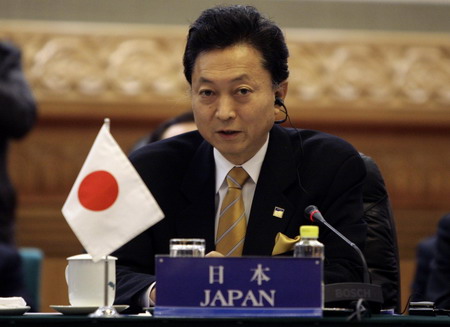Global Biz
Bank of Japan mulls exit from emergency support
(Agencies)
Updated: 2009-10-14 15:23
Markets Back in Action
Debt issuance has come back to life and credit spreads have shrunk considerably since the BOJ introduced the funding support in the middle of the financial crisis that drove scared investors out of the market.
Corporate debt issuance hit a record high 2.29 trillion yen ($25.5 billion) in June, a sea change from late last year when there were no corporate bond issues for nearly a month.
The cost to insure a basket of Japanese companies' debt with credit default swaps has shrunk to around 115 basis points from its peak of 550 basis points in March.
The rate for new commercial paper has occasionally fallen below that of government debt, raising concerns that its purchase is not so much helping the market as distorting it.
Although Japan's economy crawled out of its recession in the second quarter after a year of sharp contraction, the government is worried about rising unemployment, particularly among small firms that employ about 70 percent of the country's workforce.
Still, the government is unlikely to wield its power to ask the BOJ to delay policy decisions at the meeting, as Prime Minister Yukio Hatoyama's ruling Democratic Party of Japan has said it will respect the central bank's independence.
|
 Japanese Prime Minister Yukio Hatoyama speaks during a summit at the Great Hall of the People in Beijing October 10, 2009. [Agencies]
|
Government representatives who take part in the BOJ's policy meetings can ask for a delay in decisions until the next gathering, but the BOJ does not have to agree to such a request.
As the incident tarnished the image of both the government and the Bank of Japan, government and central bank officials are keen to avoid a standoff.
The Bank of Japan is expected to say it will continue to focus on downside risks to the economy for the time being, a signal that interest rates will be kept near zero for a long time even after the withdrawal of emergency stimulus measures.
If no agreement is reached on the emergency funding support measures this time, the BOJ will have to decide on the emergency steps at its next meeting on October 30 or the following one on November 19-20 to avoid last-minute decision ahead of their expiry at the end of the year.











